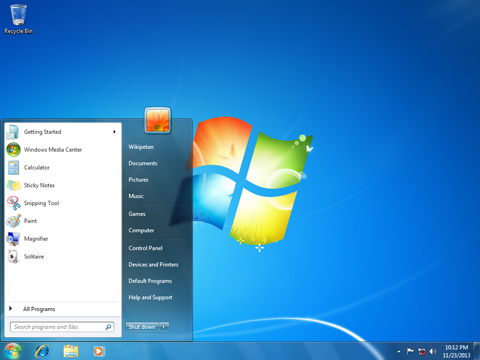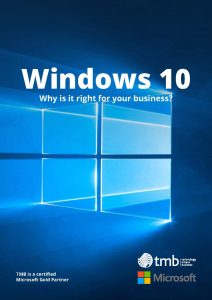Windows 7 ESU Gives Businesses A Lifeline - But At A Cost
- Anthony
- September 11, 2018
- 12:27 PM
- No Comments
Good news if your upgrade plans are lagging behind.
If your business is still running Windows 7, you’ll probably know that extended support for it is set to end on 14th January 2020, after which there will be no more security updates. At least, that was the case until Microsoft announced Windows 7 ESU (Extended Security Updates), which will now mean users will be covered until January 2023 – but only if they’re willing to pay and only if they meet certain criteria.
Microsoft’s aim is still to get businesses on to Windows 10, but Windows 7 ESU is designed to lend some flexibility to their upgrade paths. With that in mind, this support will be sold on a per-device basis, with the price going up every year, and it will only be available to Windows 7 Professional and Windows 7 Enterprise customers in Volume Licensing.
Furthermore, customers who pay for ESU will also be able to continue using Office 365 ProPlus with Windows 7 until the 2023 deadline.
No doubt the huge number of computers still running Windows 7 has prompted this concession, but make no mistake: this is a short-term fix only. Windows 10 remains Microsoft’s primary focus. Internet rumours have suggested that it plans to introduce monthly fees for the operating system, which will pay for continued support and updates, but the Microsoft Managed Desktop service they point to will also see hardware being leased to companies as part of that subscription.
Certainly Windows 10 can be bought on a subscription basis, as part of Microsoft 365, a deal that bundles the OS in with Office 365, but right now that’s optional. As things stand, anyone who purchases Windows 10 will get free updates (notwithstanding any support costs from your IT supplier).

The Truth Cost Of Windows 7 ESU
The same, of course, cannot be said of Windows 7 ESU. While it may provide a helpful stopgap for organisations that are lagging behind with their upgrade plans, the costs associated with it are obviously designed to nudge users towards Windows 10. Any money spent on Windows 7 ESU could just as easily go toward the rollout of a newer, better operating system.
If anything, logistic considerations, rather than cost, present the best reason to delay a migration from Windows 7 to 10. As well as the work and potential disruption associated with moving to a new operating system, businesses need ample time to test everything, to ensure compatibility with existing hardware. Training may also be required for some users, although Windows 10 is a highly intuitive piece of software, which shouldn’t be difficult for Windows 7 users to get to grips with.
Nevertheless, Windows 7 ESU is a recognition of these challenges – a bit of breathing room for businesses struggling to get their upgrades done – but if you are able to migrate to Windows 10 before the charges take effect, then you really should. And, of course, if you don’t qualify for Windows 7 ESU, you should be keeping an eye on the 2020 deadline as before.
As well as ongoing support from Microsoft, there are plenty of other reasons to upgrade to Windows 10. Read our short guide below to learn more.



